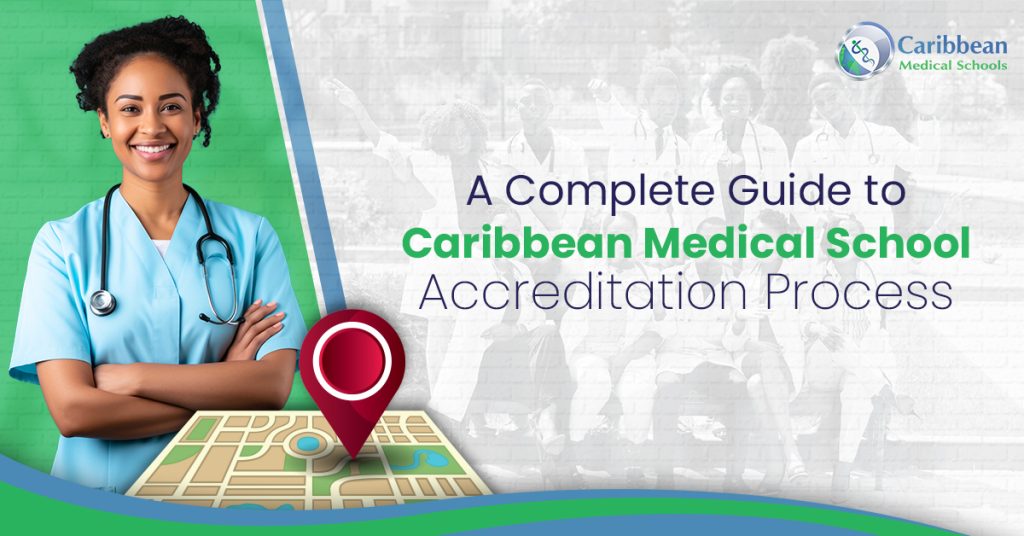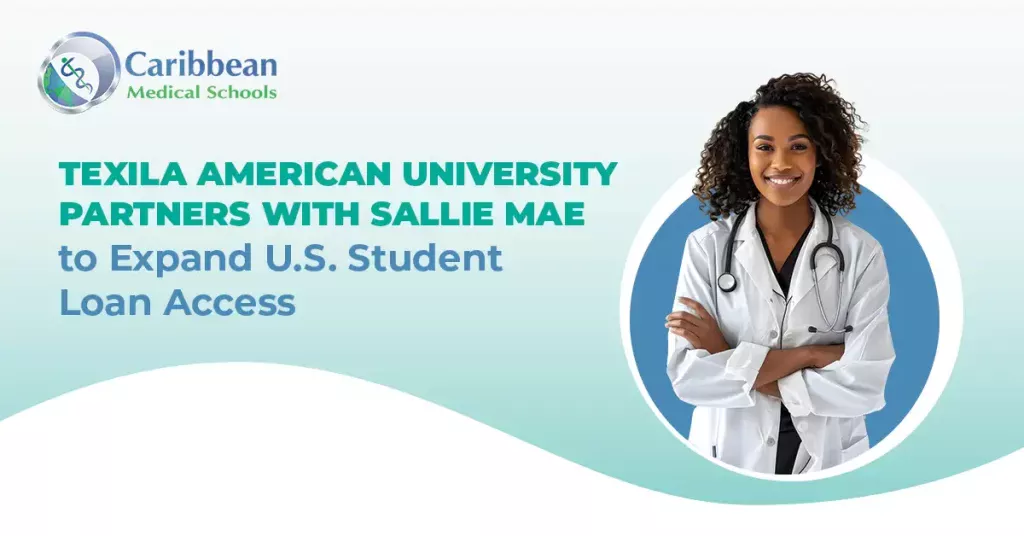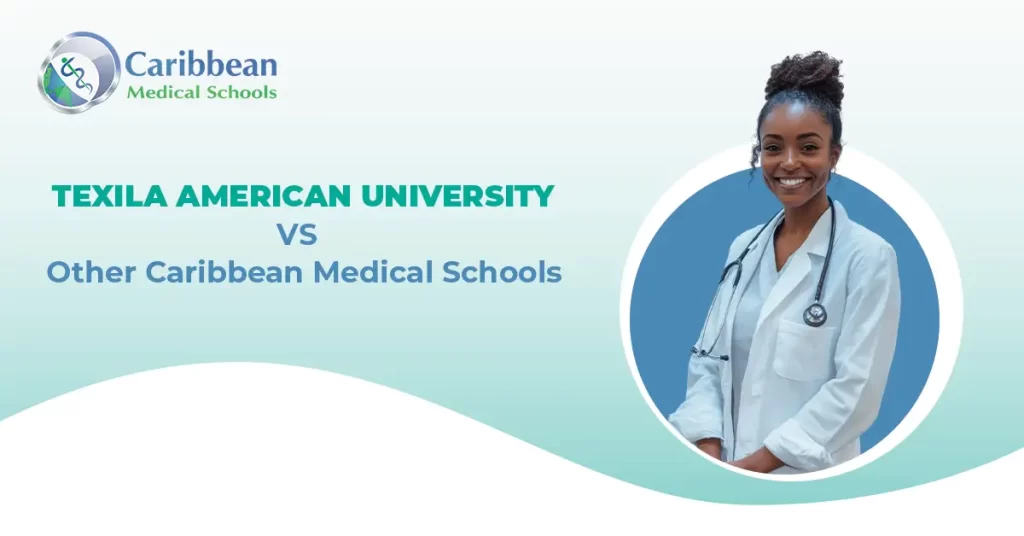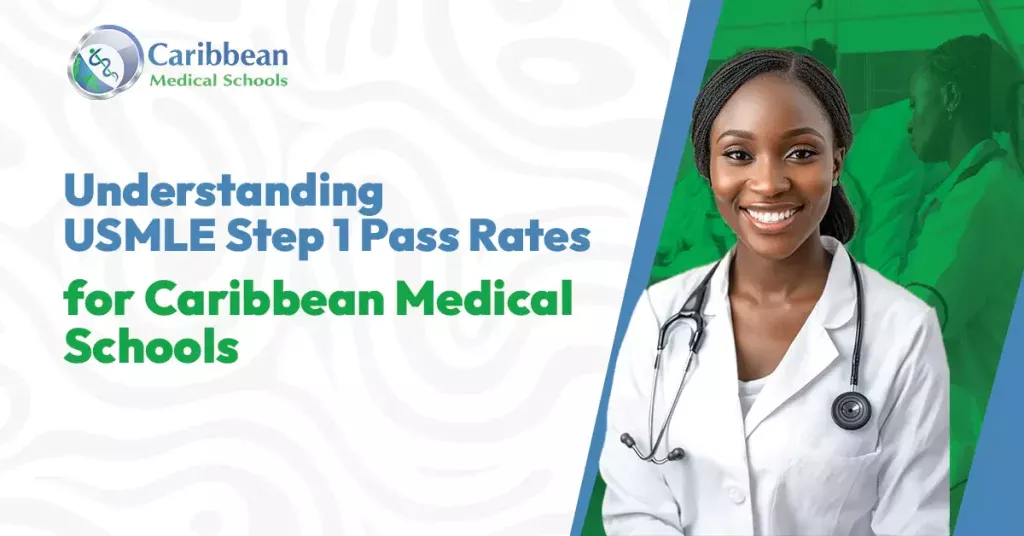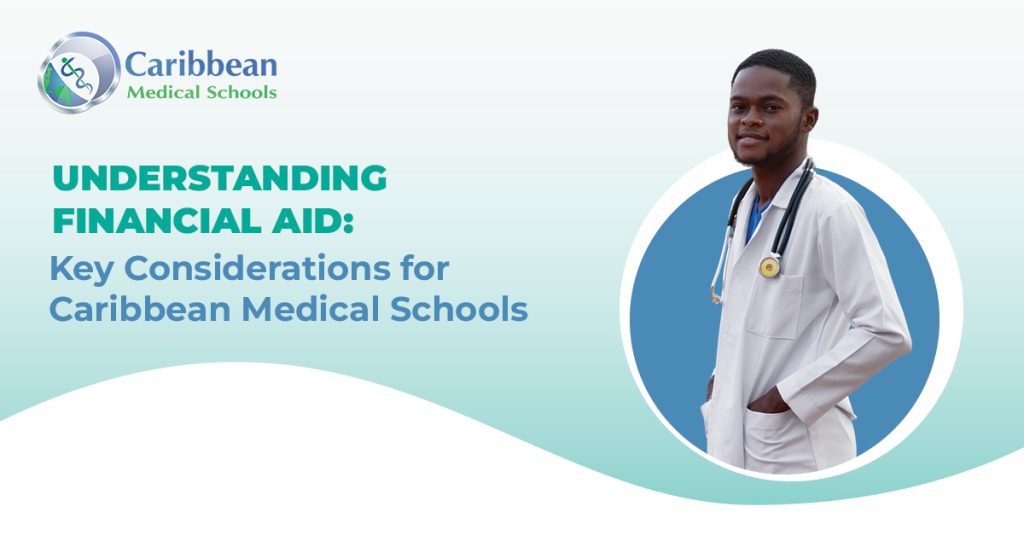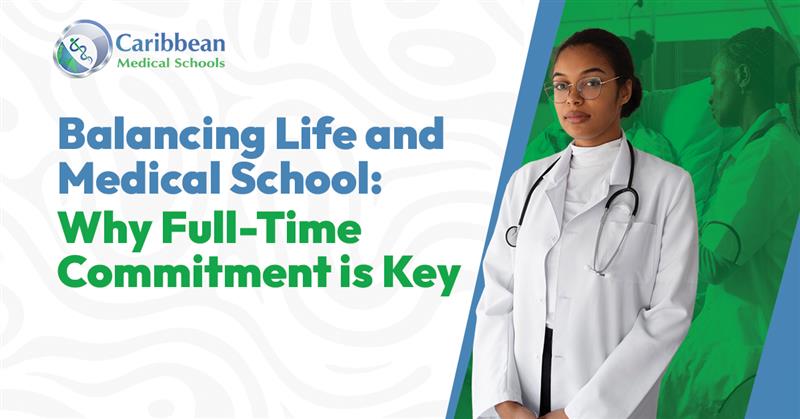Blog Summary
The Caribbean medical school accreditation process is essential for ensuring that schools meet international educational standards, offering students the best opportunities for licensure and residency. This guide covers the importance of accreditation, how the process works, and how to verify a school’s status. Accredited medical schools offer benefits like quality education, recognized degrees, and greater access to residency programs, particularly in the U.S. Top Caribbean medical schools, including Texila American University, St. George’s University, and Ross University, provide accredited programs that help students achieve successful medical careers.
Table of Contents
Introduction
If you’re considering attending one of the Caribbean medical schools, understanding the accreditation process is key. Choosing an accredited institution ensures that the school meets rigorous educational standards, providing students with a credible degree. Accreditation plays a critical role in your future career as a doctor. It impacts your ability to qualify for exams, secure residencies, and ultimately practice medicine. In this article, we’ll break down the entire process to ensure you make an informed decision about your medical education.
What is Accreditation?
Accreditation is a formal recognition that an educational institution meets specific standards of quality. It’s like a seal of approval, ensuring that the school provides adequate education, facilities, and resources to its students. Caribbean medical schools are accredited by organizations that assess their curriculum, faculty, and other essential components. This process ensures that students who graduate from these schools are well-prepared to practice medicine.
The statistics highlights that 250 (78.6%) medical schools globally are accredited, ensuring high standards in medical education. The study indicates that accredited institutions have improved outcomes, with a notable percentage of graduates achieving board certifications and higher match rates into residency programs.
Why Accreditation Matters
Why does accreditation matter? Imagine buying a product that hasn’t been tested for quality—would you trust it? Similarly, attending a non-accredited medical school is like gambling with your future. Accreditation ensures that the medical school you choose meets international standards, and it opens doors for post-graduate opportunities such as residencies and medical licensing exams.
Without accreditation, your degree might not hold weight in the medical community, making it hard to secure a job or further your education. This is why selecting an accredited Caribbean medical schools essential.
The Caribbean Medical School Accreditation Process
The accreditation process for accredited Caribbean medical schools thorough and involves several steps:
- Self-assessment: The school conducts an internal review of its curriculum, faculty, and resources.
- Submission to Accreditation Agency: The school submits its findings to an accrediting agency.
- On-site Evaluation: The accrediting body sends a team to inspect the school and verify the claims made in the self-assessment.
- Decision: The accrediting body decides whether the school meets the required standards and grants accreditation.
This process is repeated regularly to ensure that schools maintain the required educational standards. Accreditation bodies in the Caribbean follow standards similar to those in the U.S. and Canada, ensuring international recognition.
Accreditation Agencies for Caribbean Medical Schools
Several agencies oversee the accreditation of Caribbean medical schools, including:
- Caribbean Accreditation Authority for Education in Medicine and Other Health Professions (CAAM-HP): This is one of the most recognized accrediting bodies in the region.
- Accreditation Commission on Colleges of Medicine (ACCM): Another reputable agency that accredits many schools in the Caribbean.
- World Federation for Medical Education (WFME): International body ensuring that medical education institutions provide high-quality training.
When looking for an accredited Caribbean medical school, make sure it is recognized by one of these agencies.
How to Verify Accreditation
To verify whether a Caribbean medical school is accredited, visit the school’s website or the accrediting agency’s official page. Many schools also list their accreditation status in their promotional materials, but it’s always a good idea to confirm independently. Look for schools recognized by CAAM-HP, ACCM, or WFME, as these are widely accepted.
Additionally, you can check the World Directory of Medical Schools (WDMS), which provides a comprehensive list of accredited institutions globally.
Benefits of Attending an Accredited Caribbean Medical School
Why should you prioritize attending an accredited Caribbean medical school? Here are some key benefits:
- Licensure and Residency: Graduating from an accredited school is often a requirement for taking licensing exams and securing residencies in the U.S. and Canada.
- Quality Education: Accredited schools are held to higher standards, ensuring you receive a robust and comprehensive medical education.
- Recognition: Your degree will be recognized internationally, improving your job prospects.
- Post-graduate Opportunities: Accreditation increases your chances of securing a residency, especially in competitive fields.
Accreditation and Residency Opportunities
One of the most significant benefits of attending an accredited medical school is the opportunity to apply residency programs in countries like the United States. Most U.S. residency programs require applicants to have graduated from an accredited school. If your school is not accredited, your application may not even be considered, regardless of your qualifications.
Accredited schools also prepare students for United States Medical Licensing Examination (USMLE), a crucial step in securing a residency.
Accreditation and Licensure
Medical licensure is the process through which a government grants you permission to practice medicine. If you attend a non-accredited school, it may be difficult, if not impossible, to become licensed in certain countries. Accreditation is a key requirement for taking licensure exams like the USMLE or the Medical Council of Canada Qualifying Examination (MCCQE).
In short, without accreditation, your medical degree may not allow you to practice medicine.
Challenges Facing Caribbean Medical Schools
While many best Caribbean medical schools are accredited, there are still challenges facing the region’s medical education system. Some schools lack adequate resources or struggle to meet international standards, leading to accreditation delays or denials. It’s important for students to do thorough research and choose schools that not only offer accreditation but also provide a quality learning environment.
Additionally, some Caribbean medical schools face stigma due to misconceptions about their quality. However, many schools have overcome these challenges and offer excellent education comparable to schools in the U.S. and Canada.
Top Accredited Caribbean Medical Schools
Here’s a list of some of the top Caribbean medical schools known for their accreditation:
- Texila American University: Accredited by CAAM-HP, ACCM, MCC and ECFMG it’s one of the most popular choices for international students.
- Ross University School of Medicine (Barbados): Accredited by CAAM-HP and ACCM, it offers a U.S.-style curriculum.
- St. George’s University (Grenada): Recognized by CAAM-HP, this school boasts strong residency placements.
These schools offer accredited programs, ensuring students have the best opportunities for success.
Conclusion
Accreditation is a vital factor when choosing among Caribbean medical schools. It guarantees that the institution provides a high-quality education, recognized internationally, and opens doors for licensure and residency. As you explore your options, make sure the school you choose is accredited by reputable agencies such as CAAM-HP or ACCM.
Choosing an accredited school is like investing in a well-built bridge—it leads you to your destination with security and assurance. By making informed decisions, you’ll set yourself up for a successful and fulfilling medical career.
FAQs
1. What is the importance of accreditation for Caribbean medical schools?
Accreditation ensures that the medical school meets international educational standards, which is essential for licensure and residency.
2. How do I verify if a Caribbean medical school is accredited?
You can verify accreditation status on the school’s website or visit the official websites of accrediting agencies like CAAM-HP or ACCM.
3. Can I practice medicine in the U.S. with a degree from a non-accredited Caribbean school?
No, most U.S. states require graduates from accredited schools to apply for licensure and residency.
4. What are some of the top accredited Caribbean medical schools?
Top schools include Texila American University, St. George’s University and Ross University, all of which have reputable accreditation.
5. Does accreditation affect residency opportunities?
Yes, graduating from an accredited school is often a requirement for applying to residency programs, particularly in the U.S.

